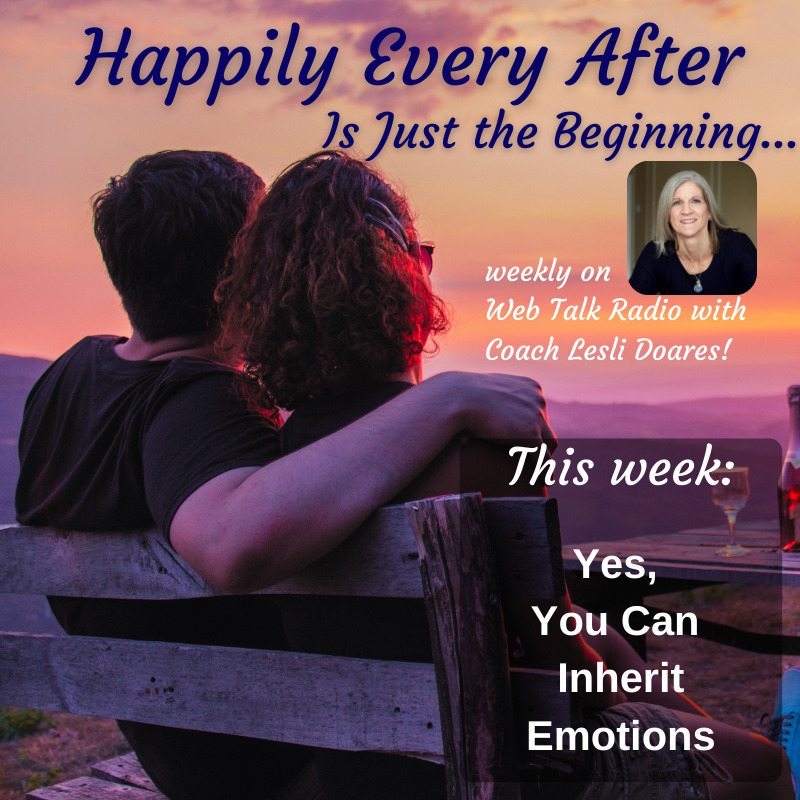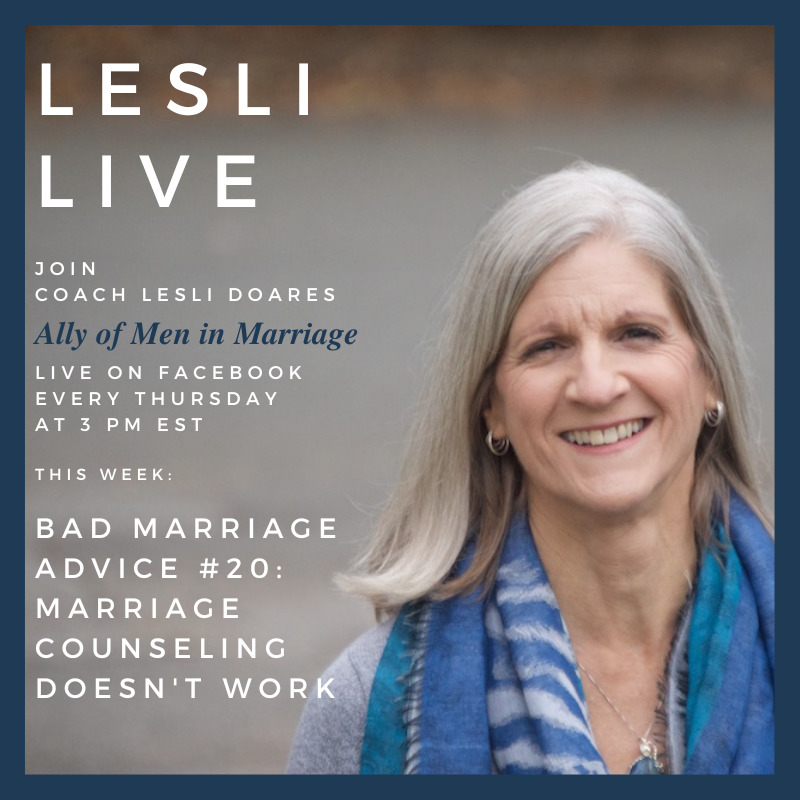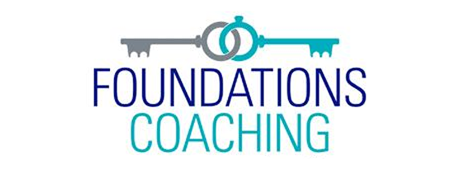I used to get asked all the time what my success rate doing couples counseling was. My answer—100% with couples who were willing and able to do the work and 0% with couples who weren’t. Because I can only provide information. I can’t make someone use it. And neither can any other relationship professional.
Getting help for your marriage isn’t as simple as showing up once a week to a marriage counselor and expecting them to “fix” it.
You have to be willing to be open to new information.
You have to be honest about your thoughts, feelings, and actions.
AND you have to be willing to put into practice what you’re learning between those sessions.
There are some other things that can impact how successful marriage counseling, or any other type of relationship help like coaching, will be.
Humiliating Your Husband (or Anyone Else) Isn’t Loving
Just because men as a whole have been privileged, it doesn’t mean an individual man is less deserving of being treated humanely. Especially not one you promised to love, honor, and cherish.
It Takes Two Yeses to Marry But Only One to Divorce
If you aren’t actively taking care of your marriage, it’s at risk of failing. You might think everything is okay, or at least not so bad that you need to take action, but your wife may think otherwise. It doesn’t mean that her perspective is 100% accurate but...
If She’s Told You Once, She’s Told You a Thousand Times
The dictionary defines nagging as ‘persistently annoying or finding fault with someone’. Another definition is ‘to annoy someone by constant demands or complaints’. Is this a dynamic in your marriage? If it is, you need to address it now. The longer it goes on, the...
First, how long the issues and challenges have been going unaddressed will influence your success. On average, couples are struggling for six years before seeking help. The longer you wait to address problems, the longer it will take to resolve them. In addition, the more damage is done by anger, frustration, and resentment.
Unfortunately, the belief that marriage counseling doesn’t work or that things aren’t that bad “yet”, keeps couples from seeking help earlier.
Being proactive and taking steps to keep your marriage out of trouble is the best way to go. And marriage counseling or coaching can help you do that.
Like in many other aspects of your life, taking care of something from the beginning is easier and less costly than trying to repair it once it’s damaged.
Another thing that can impact the success of marriage counseling is your focus. When you are part of a couple, you have a built-in scapegoat. A focus on your partner is common but misplaced. Yes, they are contributing to the challenges in your marriage, but you only have control over yourself.
And that’s where you need to put your attention—on your actions, beliefs, values, and commitment. It’s your counselor’s job to address what your partner is doing.
Finally, who you choose to see for help will determine your success. They should have both experience working with couples and have a pro-marriage focus.
Any mental health professional with at least a Master’s degree and a professional license can do marriage counseling. That doesn’t mean they should.
And people who do coaching don’t even have to have those qualifications.
It’s important to feel comfortable with who you decide to work with because you will be sharing very personal things.
So, choose wisely, but don’t wait to get the help you need to have the marriage you want.
So if you’re ready to get your marriage on track, I invite you to schedule a 5-Star Relationship Consultation today.
Around the Web This Week

YES, YOU CAN INHERIT EMOTIONS
BAD MARRIAGE ADVICE #20: MARRIAGE COUNSELING DOESN’T WORK









